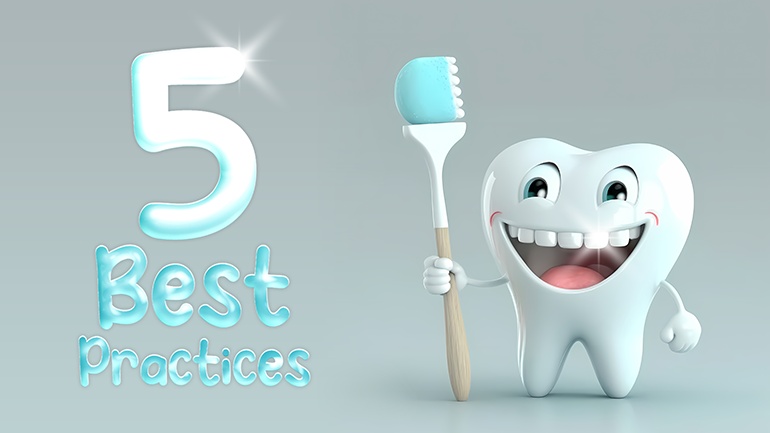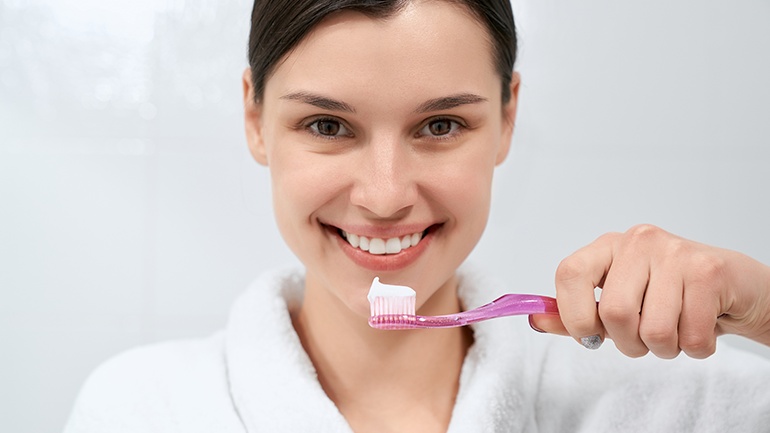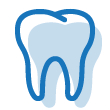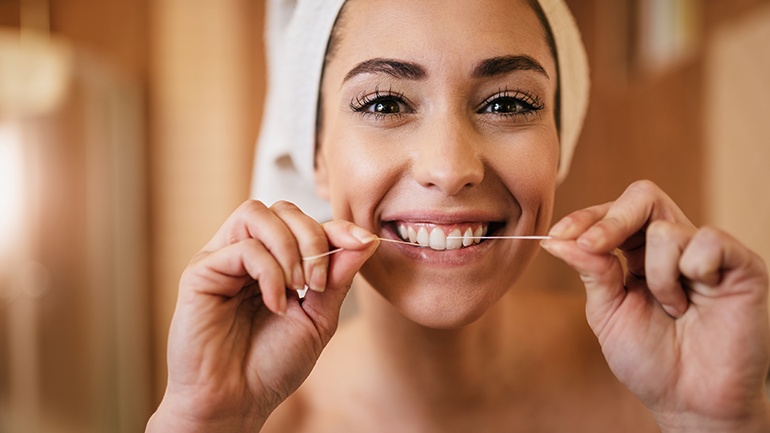
Thanks to the advancements in dental technology, we have the solution to most oral diseases. From various medications to dental implant Turkey operations, restoring your mouth's health is easier than ever. Nevertheless, it is still important to prioritise oral hygiene to prevent pain, save money, and maintain dental health. If you want to know how to keep your teeth cavity-free, continue reading this post!

What is Oral Hygiene?
Oral hygiene, or dental hygiene, is the practice of keeping your mouth free of diseases and decay. There are various risk factors associated with poor oral hygiene.
Cancer, gum diseases and tooth loss are only a few problems one might have because of bad oral hygiene. The key to fighting such issues and having the shiniest Hollywood smile is following a good oral hygiene routine.
The most common oral hygiene routines everyone knows are brushing and flossing. Besides, regular check-ups, following a healthy diet, avoiding harmful substances and using mouthwash are among the best ways to maintain oral hygiene.
The 5 Best Practices for Healthy Teeth and Gums
The Foundation of Oral Health: Regular Dental Check-ups
Seeing the dentist might be a scary experience for many. But we have a solid reason to call dental check-ups the "foundation of oral health." Regular dental check-ups are necessary for oral health & dental health.
Dental exams can prevent common problems like cavities and decay. Besides, various gum diseases and serious illnesses, such as cancer, can be detected early thanks to regular check-ups. Seeing a dentist may also help you get oral health instructions for healthier teeth.
You might ask: "How frequently should I visit the dentist?" The answer depends on your health and habits. It is recommended to visit the dentist once every six months. Those who do not often have dental issues might extend it up to 12 months. Even if you do not have regular dental check-ups, you should at least consider visiting a dentist when you have tooth sensitivity or pain.
Mastering the Basics: Proper Brushing and Flossing Techniques
Knowing the proper brushing and flossing techniques is the key to having the ideal Hollywood smile. The easiest way to learn which techniques are the best for you is by visiting the dentist. A professional will examine your teeth and tell you what to do to improve your oral health.
Nevertheless, there is a recommended way to brush your teeth to keep them cavity-free:
-
First, start with the outer surfaces of your teeth and gently brush.
-
Tilt your brush and clean your gumline to remove any plaque or food debris - avoid brushing too hard.
-
Now, you can start brushing the inner surface of your teeth. Tilt your brush to go back and forth with short strokes.
-
Finally, brush the chewing surfaces of your teeth to clean food debris. Do not forget to brush your back teeth as food can easily get trapped there.
Flossing is as essential as brushing, and knowing the proper way might help keep your teeth healthier. Here is a step-by-step guide to proper flossing:
-
First, break off 18 inches of dental floss.
-
Wind most of the floss around your middle fingers,
-
Hold the floss taut,
-
Place the floss between two teeth and gently guide it up and down,
-
When the floss reaches your gums, curve it to form a C - avoid gliding the floss into your gums,
-
Use a clean floss for each tooth.
Wash for a Healthy Smile: Add Mouthwash to Your Daily Routine
Mouthwash might not be necessary, but it helps keep your mouth healthy. It reduces the bacteria in your mouth and the dental plaque that forms. Also, the regular use of mouthwash might help prevent various oral diseases, such as periodontal disease and cavities.

You Are What You Eat: The Impact of Diet on Your Oral Health
Having a healthy diet is the best oral hygiene routine. Avoiding junk food and sugary snacks might be the best way to protect your teeth from decay. Also, having a diet rich in calcium and phosphorus might contribute to your dental health by rebuilding enamel.
Drinking enough water is vital for your teeth, as it might clean your mouth and keep it wet. Plus, eating fruit and vegetables provides your body with the necessary nutrients to keep your teeth healthy.
Breaking Bad Habits: Tobacco, Alcohol, and Their Effect on Oral Wellness
Tobacco and alcohol are two of the most harmful habits to your oral health. These substances affect your teeth and gum health, leading to various illnesses.
The visible impact smoking has on teeth is staining, especially for long-term smokers. Yet, discolouration is just one of the consequences of tobacco use. A serious side effect of smoking is a decrease in the mouth's ability to heal from injury or infection. Plus, gum diseases are quite common among smokers due to the increased plaque formation and decreased oxygen in the bloodstream. Tooth loss and oral cancer are also direct results of tobacco use.
Besides tobacco, alcohol use might be devastating to oral health. Alcoholic beverages, like beer, wine or cider, are acidic and can dissolve enamel, leading to tooth sensitivity. Cocktails and alcopops, on the other hand, are even worse; these drinks often use sugary or acidic mixers, which can lead to tooth decay.
A common problem caused by alcohol use is Periodontitis, characterised by bleeding gums, plaque formation and infection.
Alcohol also weakens the immune system and reduces your body's ability to fight off infections. As a result, people who consume too much alcohol become vulnerable to gum diseases or oral cancer.
Published Date: September 16, 2023




